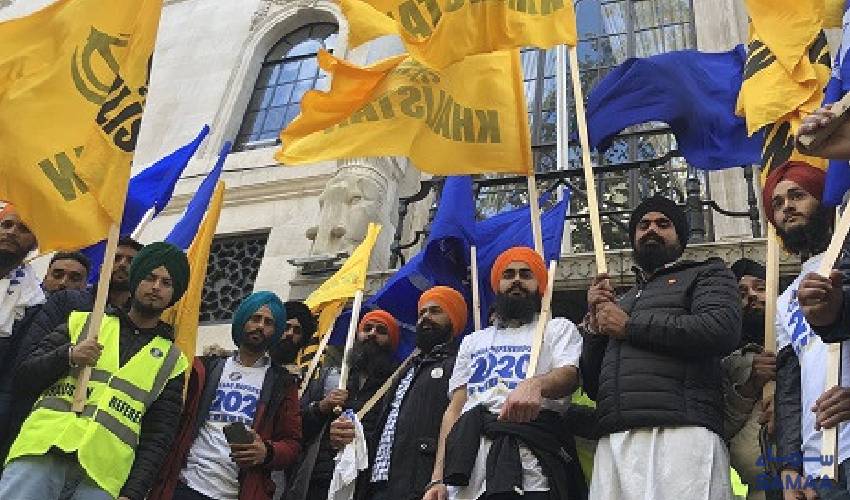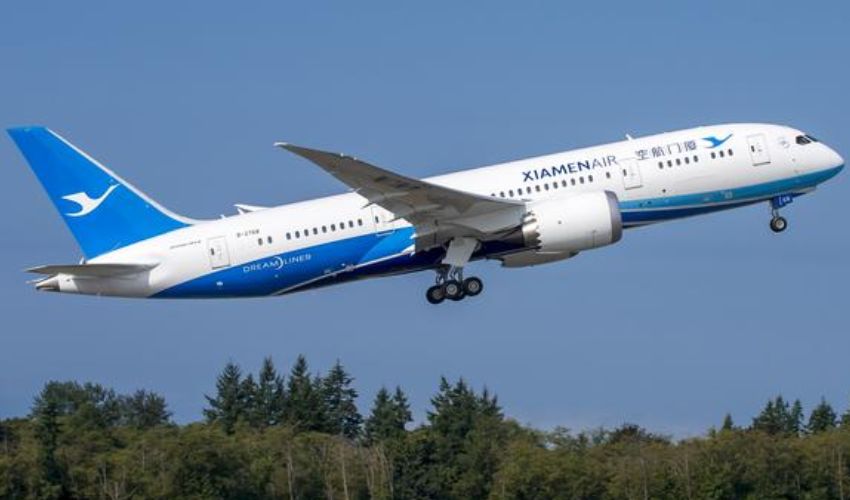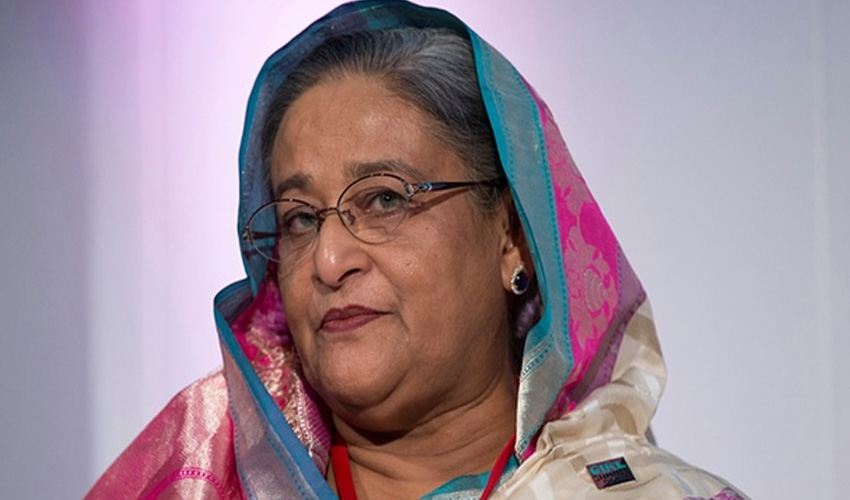The United Nations' involvement in the Kashmir dispute dates back to December 1947, when Indian Prime Minister Jawaharlal Nehru approached the UN Security Council seeking intervention in the Kashmir conflict.
The Security Council responded by adopting key resolutions in 1948/49, establishing frameworks for ceasefire and proposing a plebiscite to allow Kashmiris to determine their political future. Resolution 47 (1948) explicitly recognized the right to self-determination for the people of Jammu and Kashmir, with both India and Pakistan accepting these resolutions.
Under Article 25 of the UN Charter, both nations are legally bound to implement these resolutions. However, implementation has remained stalled for 78 years. The situation has seen significant developments, including reported casualties exceeding 100,000 since 1989 in the region.
A critical turning point occurred on August 5, 2019, when unilateral administrative changes were implemented in the region. These actions were addressed by UN Security Council Resolution 122 (1957), which stipulates that unilateral measures cannot determine the region's final status.
The United Nations High Commissioner for Human Rights (OHCHR) has maintained active oversight, publishing two significant reports in 2018 and 2019. These documents called for establishing an inquiry commission to investigate reported human rights violations.
At the 79th UNSG session, Pakistan's Permanent Representative emphasized that resolving the Kashmir dispute is crucial for lasting peace in South Asia. The discussion highlighted prerequisites for dialogue, including addressing humanitarian concerns and reversing demographic changes implemented since August 2019.
Under the UN Charter, member states are committed to promoting a peaceful resolution of the Jammu and Kashmir dispute. Pakistan has indicated its intention to utilize all available channels under Articles 33, 34, and 99 of the UN Charter to advance this objective.
International legal experts continue to monitor the situation, as the Kashmir dispute remains on the UN's active agenda. The Security Council resolutions and international law framework provide the foundation for addressing this long-standing issue through peaceful diplomatic channels.



























